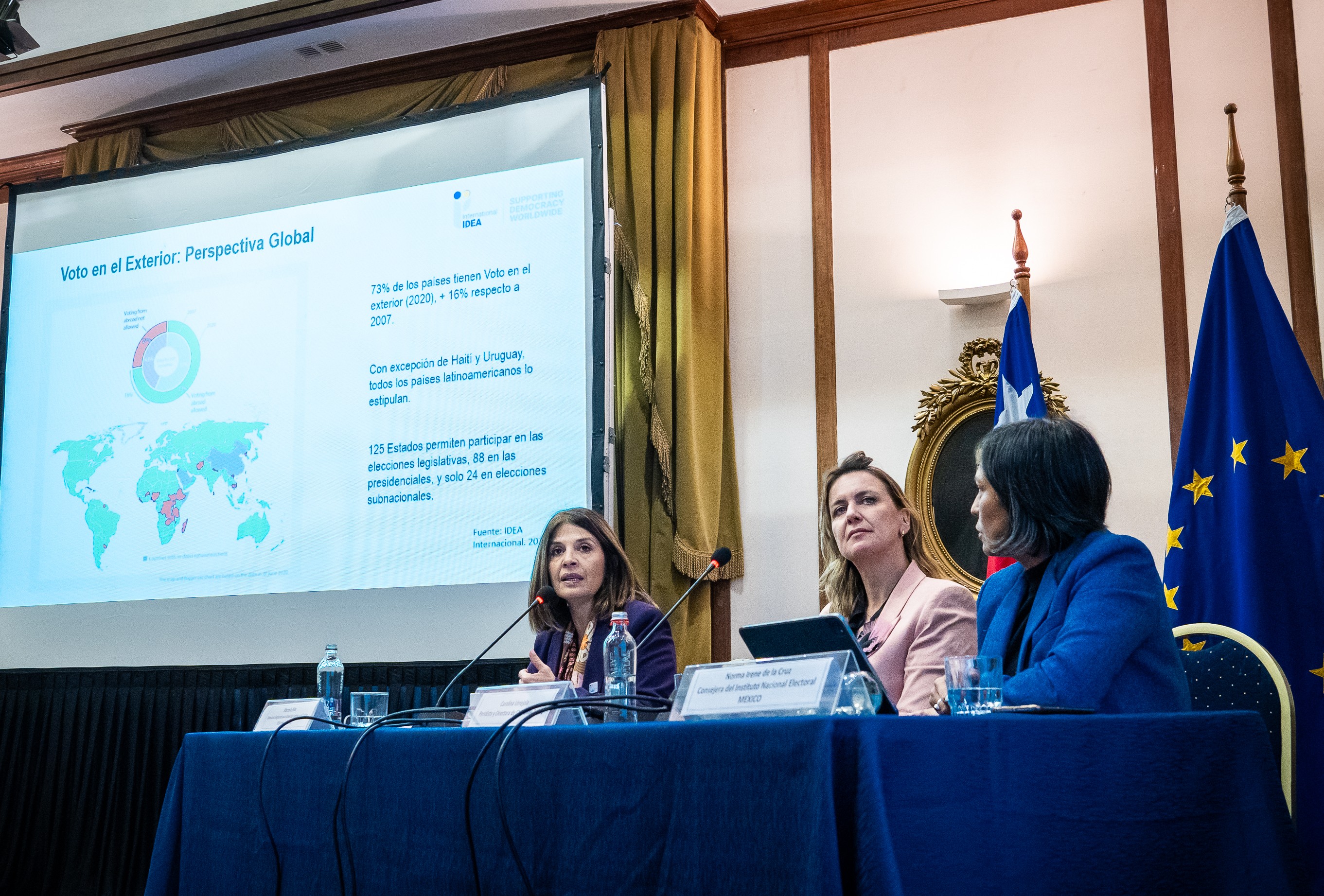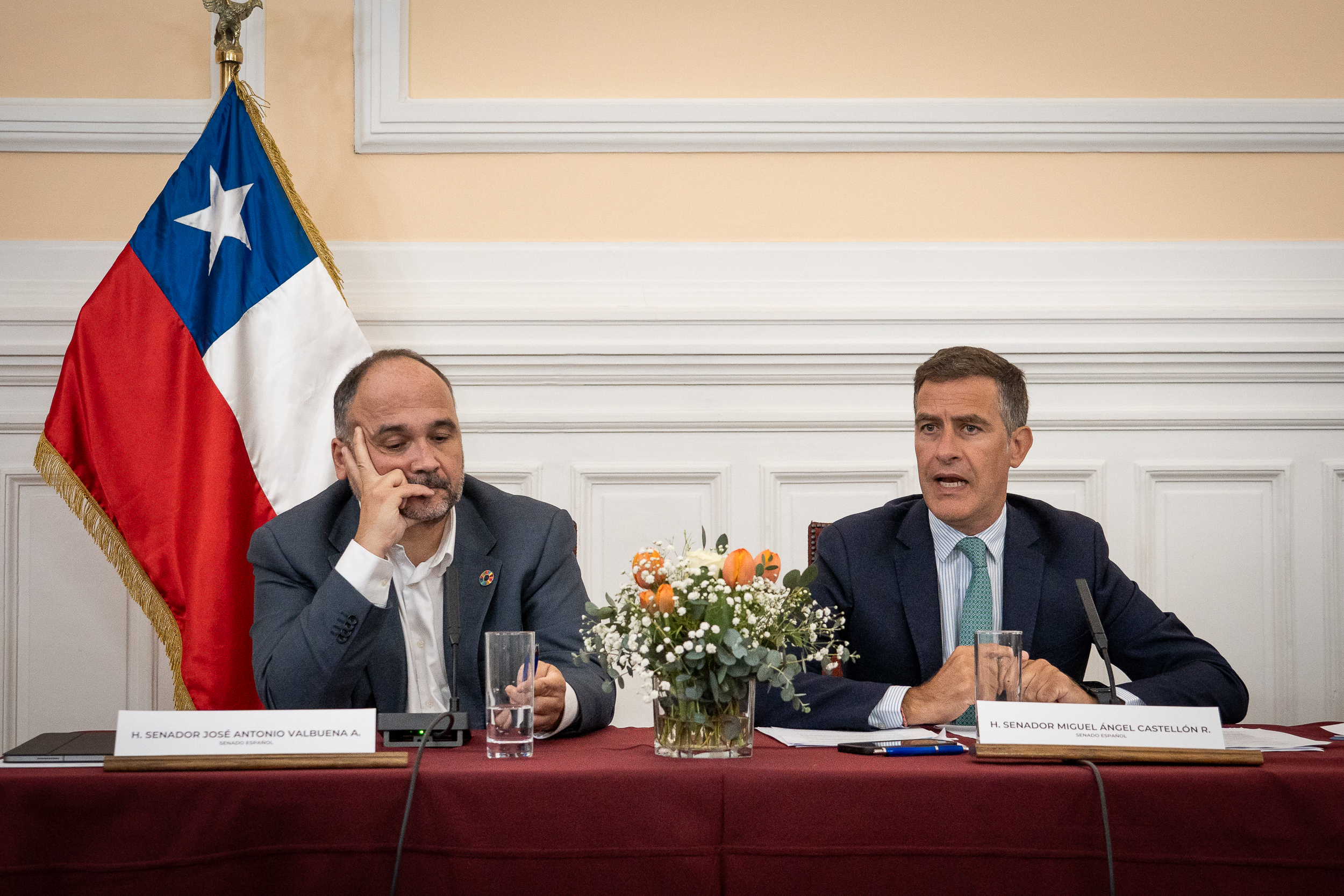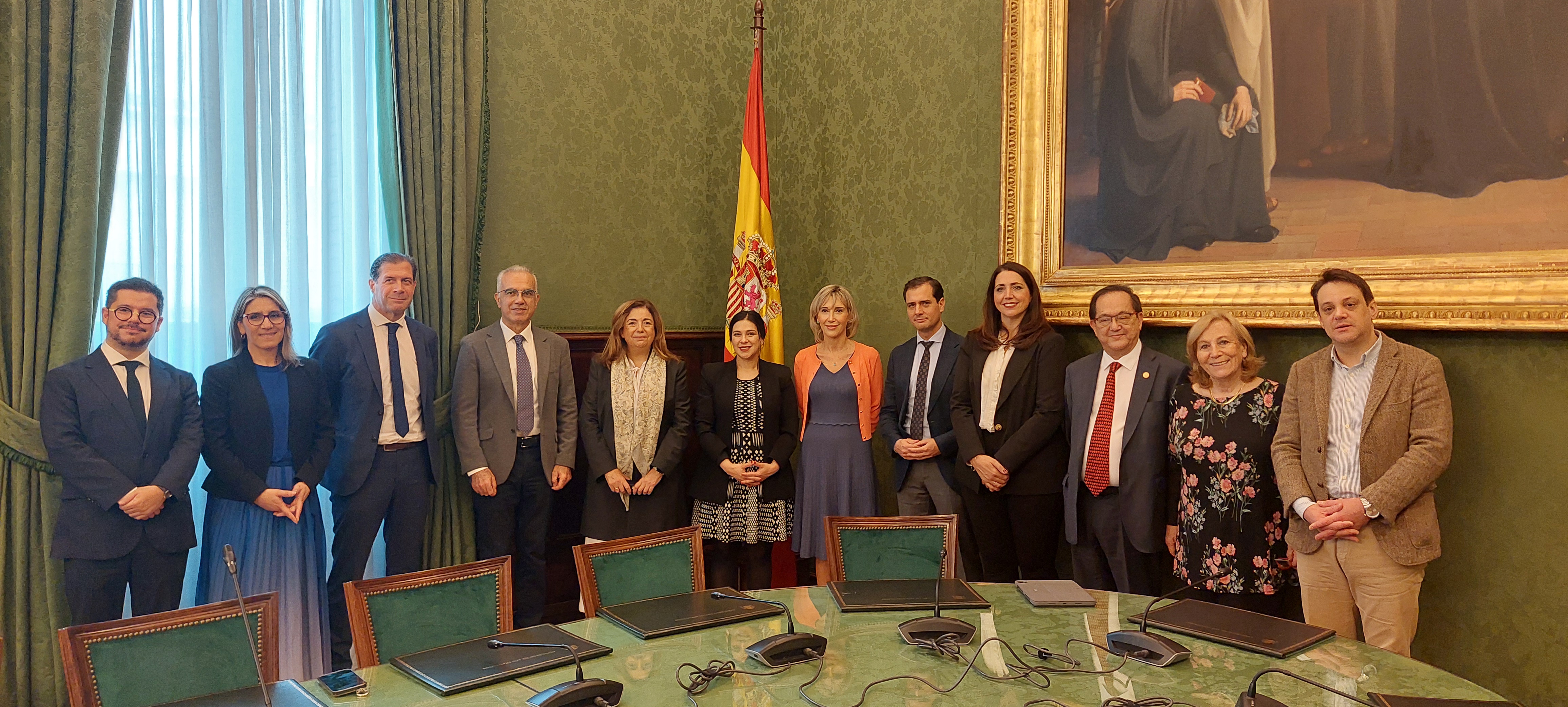The Arab World is experiencing an unprecedented moment of constitutional transition. Many countries in the region are reforming their systems of constitutional judicial review as a way of signalling the government’s commitment to the rule of law. This includes establishing constitutional courts, a body with exclusive jurisdiction over constitutional judicial review.
Búsqueda
Region
Country
Type
Over the last 60 years the Arab region has been dominated by strong presidents and weak legislatures. The democratic revolutions of the Arab Spring created an opportunity to reconstitute the political system.
Corruption plagues many democracies, emerging or otherwise. Here are a few tips for those who want to fight back.
Read the full article published by Foreign Policy here.
A second round of voting for the President of Costa Rica
For the second time in Costa Rica’s history the election of the President of the Republic required a second round of voting, since none of the candidates obtained the required minimum of 40% of the votes cast in the first round.
Programa Regional para América Latina y el Caribe, con el apoyo de María José Cascante (Máster en Estudios Latinoamericanos) La campaña electoral con miras en la segunda ronda
The Union Election Commission (UEC), which is responsible for delivering peaceful and credible elections in Myanmar, emphasizes the management of electoral risks in its five-year strategic plan.
Indonesians at home go back to polls for the fourth time since the fall of Soeharto to vote in general legislative elections this Wednesday, 9 April 2014. And for the first time in its history, Indonesians residing overseas get to vote on a different date than their fellow citizens in Indonesia.
Stockholm, 3 April 2014 -- The International Institute for Democracy and Electoral Assistance (International IDEA) is pleased to announce Yves Leterme as the Institute’s new Secretary-General. Leterme will take up his duties at the Institute in Stockholm in June 2014.
Since December 2011, Yves Leterme has served as Deputy Secretary General of the Organisation for Economic Cooperation and Development (OECD).
Sponsors: International IDEA; Electoral Integrity Project (EIP; Harvard University & University of Sydney)
Award Committee: Annette Fath-Lihic (International IDEA), Jørgen Elklit (Aarhus University and University of Cape Town), and Richard Frank (University of Sydney)
This Guide is intended to inform electoral management bodies (EMBs) about the ways in which social media can be used to increase the participation of the electorate, boost communication, engage all members of the community, and improve transparency and trust throughout the electoral cycle.
On 11 March 2014, the publication Political Parties in Africa through a Gender Lens was launched at an International IDEA side event on “Women’s Political Participation and Representation – Making Development Sustainable, Making Governance Responsive” at the United Nations Headquarters, during the 58th Session
International IDEA in collaboration with Demo Finland, UN Women and the Embassy of Finland organized a seminar on the Electoral System and Women’s Representation in Nepal: Need for Reform?on 4 March 2014 in Kathmandu.
270 people participated, including Constituent Assembly (CA) members, representatives from political parties, civil society, media and academics.
The Former Women Constituent Assembly Members Forum in Nepal organized a meeting with Hautala on 6 March 2014 to discuss the change in women’s status in Finland in the last 100 years and how that can inform the movement In Nepal.
Lack of access to political funding presents a huge challenge to women seeking to enter political life today. Only 21% of seats in parliaments globally are held by women, and International IDEA’s work has shown that political finance is one of the key stumbling blocks towards a more equal representation of women in political decision-making.
On the occasion of the 2014 International Women’s Day, International IDEA joins the rest of the world in awareness raising and celebrating women with the theme Empowering change and action. For International IDEA this presents an opportunity to salute all women across the world for defending the rights of women in all spheres of life and the implementation of empowering change and actions.
With women still only constituting 21% of parliamentarians globally, pressure to adopt measures to promote women’s access to political leadership continues to gain momentum.
Throughout 2013, a number of countries across the world took important steps towards redefining their electoral systems to help create a more gender sensitive environment for women seeking political office.
The role of women in the electoral process has traditionally been seen as something limited to their involvement as candidates, and the likelihood of them being elected.
Nigeria, Africa’s largest democracy, is preparing for elections in February 2015 with Presidential and National Assembly elections on 14 February followed by state governorship and Houses of Assembly elections on 28 February. The 2015 elections will be administered by the Independent National Election Commission (INEC) headed by Chairman Attahiru Muhammadu Jega starting with a nationwide voter registration process. Political party campaigns are set to begin in November 2014.
Progress and challenges for women politicians in the region
Importantes e innegables avances: Michelle Bachelet asumirá la Presidencia de Chile el 11 de marzo como la segunda mujer reelecta en este cargo en América Latina (la primera fue Cristina Fernández). Dilma Roussef, también sería reelegida en Brasil, de cumplirse las proyecciones. Asimismo México acaba de aprobar este año a través de una reforma constitucional, la paridad estricta (50%-50%) entre hombres y mujeres en las listas electorales sumándose así a Ecuador, Bolivia y Nicaragua.


